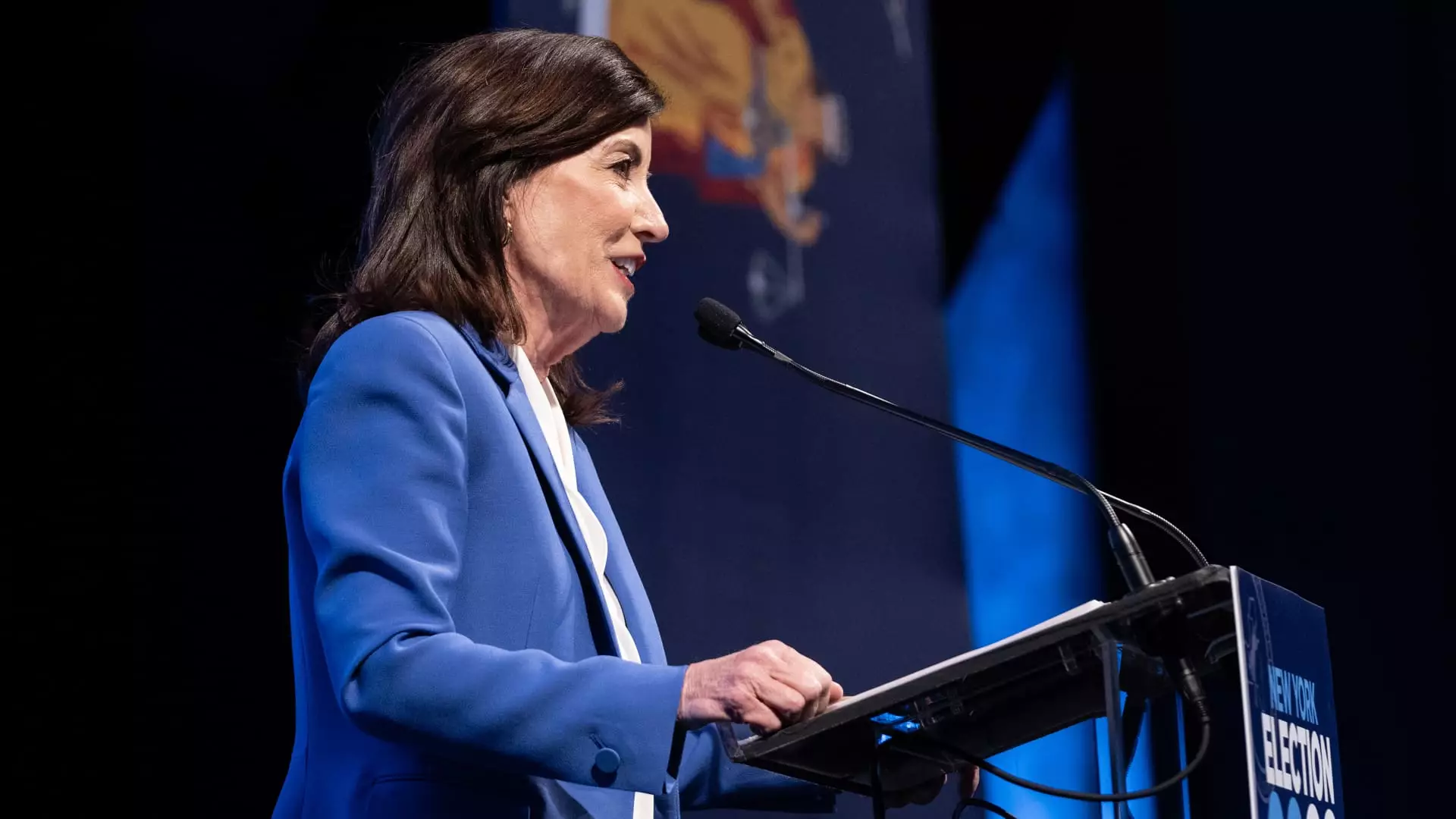The new federal rebate program launched in New York is offering homeowners up to $14,000 in total rebates for energy-efficiency upgrades to their property. This initiative is part of the Inflation Reduction Act, signed by President Joe Biden in 2022, which allocated $8.8 billion for consumers through two Home Energy Rebates programs. The aim of these rebate programs is to help consumers reduce their carbon footprint by making their homes more energy-efficient and cut down on their future energy bills.
New York rolled out part of its rebate program on May 30, providing low-income households access to up to $14,000 in federal funds for energy-efficiency upgrades. Combined with the existing EmPower+ program, which offers up to $10,000 per low-income household, consumers in New York can access up to $24,000 in total rebates. The state will be the first to receive funding to consumers, with an expectation that several more states will follow suit by September. California and Hawaii have already had their applications for funding approved, the final stage before launching the programs.
The Inflation Reduction Act established two Home Energy Rebates programs: the Home Efficiency Rebates program and the Home Electrification and Appliance Rebates (HEAR) program. New York’s initial launch in May focused on part of the HEAR program, specially geared towards low and middle-income homeowners. The federal funding is available to low-income, single-family households with incomes of 80% or below the area’s median income. The HEAR program offers rebates based on specific maximum amounts per project, with the aim to help offset 100% of project costs for low-income households.
Moving forward, New York aims to expand the rebate program by including moderate-income residents, defined as those between 80% and 150% of the area median income, and extending the program to multifamily buildings. The second phase of the HEAR program is expected to launch in the fourth quarter of 2024, pending approval from the Energy Department. This new phase will also cover the purchase of electric appliances like ENERGY STAR-rated electric stoves and heat pump clothes dryers, making them available directly at the point of sale from retailers.
On the other hand, the Home Efficiency Rebates program is technology-neutral, and no state has launched such a program yet, although applications are pending with the Energy Department. These rebates are based on the overall energy savings achieved through efficiency upgrades. The more significant the energy savings, the higher the rebates, up to $8,000 per household.
The new federal rebate program in New York marks a significant milestone in encouraging energy efficiency upgrades for homeowners, particularly those in low to moderate-income brackets. With the potential for more states to adopt similar programs by the end of the year, we can expect to see a widespread impact on reducing carbon emissions and cutting down energy bills for households across America.


Leave a Reply